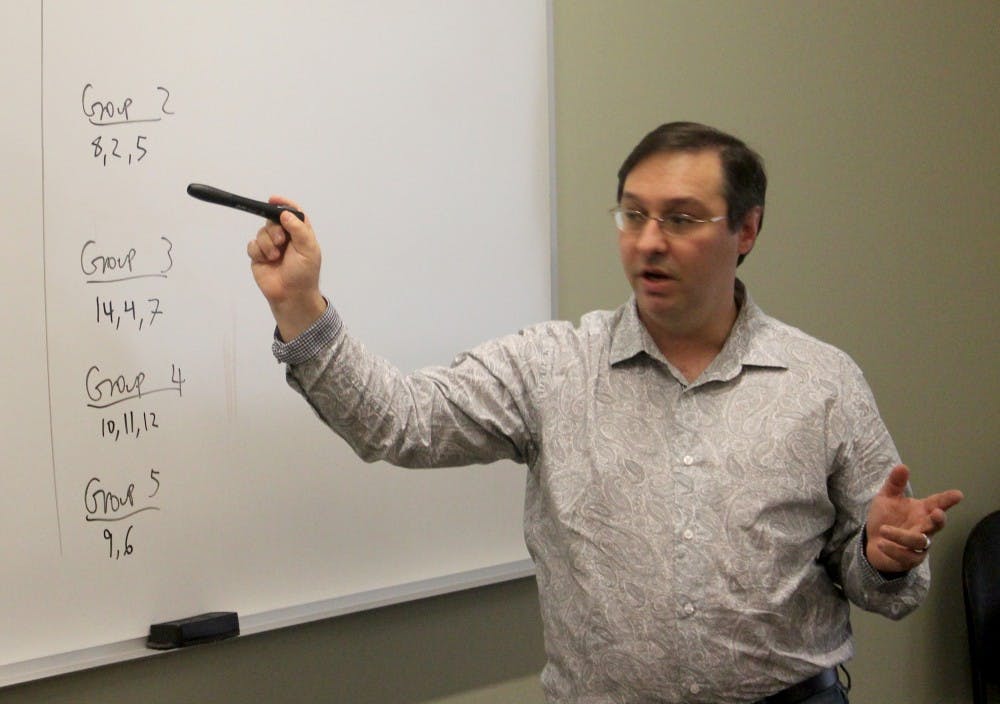
David Perlman, a professor of medical ethics in the School of Nursing, believes in using fiction to educate the public on the topic of bioethics.
Last month, Perlman published “Organ Farm,” an interactive novel about bioethics. The book is only available online.
“Organ Farm” is set in the year 2022, at a point where health reformers must be very cautious with money. The novel deals with the question of what happens when a person is in a permanent vegetative state, but their families want to keep them alive. In his depiction of this futuristic society, families can keep their loved one alive in exchange for a kidney or other organ.
“It’s an idea that I had 20 years ago but I didn’t think society was ready to hear it,” Perlman said. “I’m writing at the bleeding edge at the grey zone of bioethics.”
Perlman says he finally realized that the time was appropriate to write the book after a “confluence of health care reform in our country” and hearing a medical anthropologist from Stanford speak at Penn about her undercover work pertaining to organ trafficking.
Perlman calls the book “edu-tainment” because “it is not purely scholarly, but it’s a page turner.”
What is intriguing about the book is that the reader is able to choose the ending. Perlman wrote a number of different endings, based on the choices of the reader. Some endings are more positive than others.
In order to promote the topic of bioethics and “Organ Farm,” Perlman has been trying to crowd-source discussion questions about the book. For instance, Perlman posted an ad in the American Journal of Bioethics to help kickstart a discussion on bioethics.
He also provides a free online copy of the book to those that are interested in writing about these issues. If he’s particularly interested in a question, he may update the book with it.
In order to thank individual participants for their involvement in the discussion forum, Perlman will make a donation to Kiva.org, a non-profit organization that makes small loans to entrepreneurs in developing nations.
Lyndsie Aquilina, a participant in the “Organ Farm” discussion from Arizona, said that she first heard about “Organ Farm” through the American Journal of Bioethics. She then got in touch with Perlman in order to learn more.
“I have a strong interest in bioethics,” Aquilina said. “These situations [in ‘Organ Farm’] are obviously not completely realistic, but it does give some scope into some of the situations that bioethicists might find themselves in.”
Aquilina added that what she thinks is really unique about “Organ Farm” is that the reader can make decisions that will affect the outcome of the story. She added that if the reader doesn’t like a given ending, he is able to go back and change the course of action.
“The first time I read it, I got a really positive ending where the bad guy lost and justice prevailed. The second time, I got a really negative ending,” Aquilina said. “It’s really interesting to see the different situations you can find yourself in,” based on the choices you make.
Perlman hopes that in the future, “Organ Farm” will be made into a screenplay.
The Daily Pennsylvanian is an independent, student-run newspaper. Please consider making a donation to support the coverage that shapes the University. Your generosity ensures a future of strong journalism at Penn.
DonatePlease note All comments are eligible for publication in The Daily Pennsylvanian.







